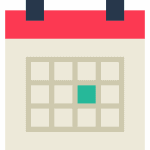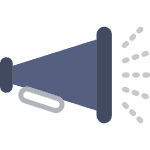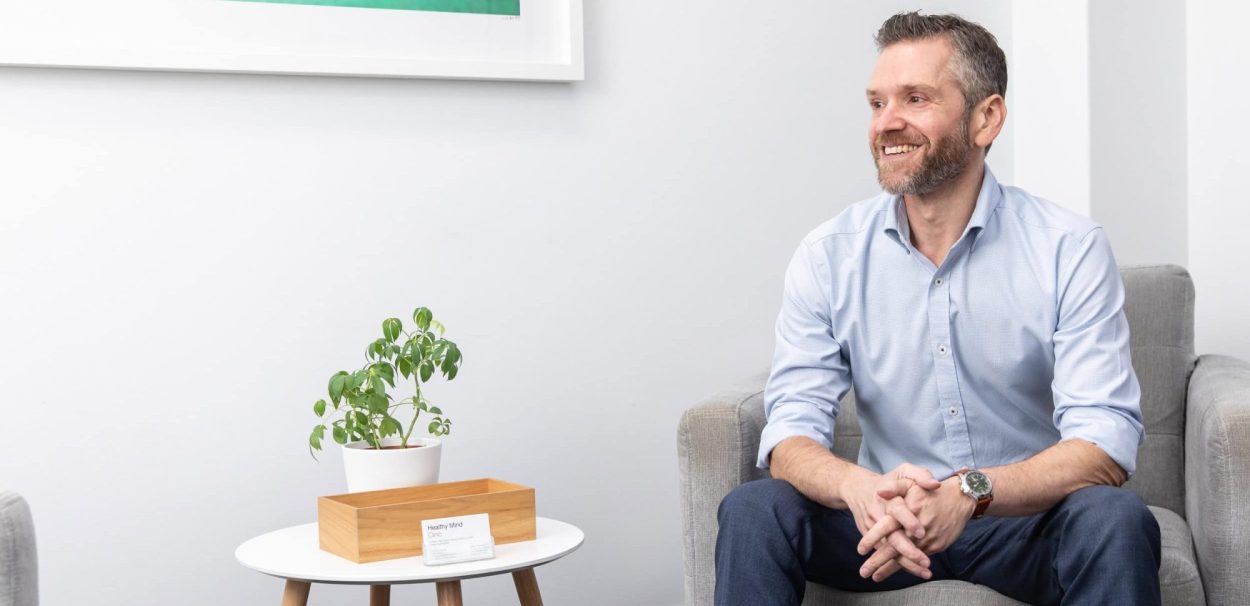
16 Oct Handling anxiety during life stress and COVID-19
This post is from much earlier in 2020, which unfortunately got lost when we launched our new website. It’s got some really helpful practical ways to manage life stress, anxiety and low mood, so we’ve put it back here. As always, please feel free to contact us on the details at the top of the page if we can be of assistance.
It’s common to feel anxious and worried at times of life stress. This can be really challenging when the source of stress is uncertain and seems to have potentially terrible consequences. So it’s understandable if you feel this way about novel coronavirus (COVID-19) and the impact it’s having on how we work and live. You’re certainly not alone. The good news is that there are simple steps we can all take to help us through times of significant stress and make them as manageable as possible.
Here are a few things to try…

Stay connected – with family, friends, colleagues and trusted others. Whether it’s through video, phone, messaging or email, try to have regular contact with people in this way. While we all practice physical distancing, it’s crucial for our mental health to stay connected socially. For example, you can try speaking to at least one friend or family member once a day, messaging people close to you daily, or organising a group video meeting with friends. You could try combining this with another activity that that you enjoy, such as playing online board games while chatting to those people on the phone.
Exercise regularly – ideally it would be great to exercise most days for 20-30 minutes. There is strong research support for regular exercise in helping with anxiety and mood. It doesn’t need to be heavy exercise, just going for walk or light jog is very effective. If that’s not possible, exercises at home such as yoga, Pilates, stretching, isometric exercises, isotonic exercises or other exercise routines get our body moving and make us feel stronger physically and mentally. There are often freely available tutorials on YouTube or dedicated apps. Check in with your doctor or physio if needed about the exercises you’d like to try.

Keep routine – regular routine and structure to the day is really important for mental health. As much as possible, try to keep regular times for things like waking up, meals, bedtime and other activities through the day. It’s ok to be flexible with these times, but try to keep each one within the same 1-hour range from day to day.
Engage in a range of activities – this is related to exercise and routine, but very importantly also includes hobbies and things we find fun. Activities fall roughly into four areas:
- Pleasurable – these are activities that are enjoyable (even if it seems harder to enjoy them when anxious or when mood is low). These vary from person to person, so choose activities that are enjoyable to you personally, such as cooking, playing with a pet, setting up and using new tech, reading in the sun, having a relaxing bath or shower.
- Physical – this is anything that you do for exercise.
- Useful – these are activities that may be done out of necessity and can give a sense of achievement, such as paying bills, preparing a meal, house-related work, and helping someone do something.
- Intellectual – these are activities that get your sense of curiosity going, such as doing brainteasers, reading, learning a skill, watching a documentary, and listening to a podcast.
Aim to do one activity from at least two of these areas each day.
Avoid alcohol and substances as a way to cope – while these may seem to lower anxiety in the moment, they tend to be unhelpful in the long run. Current Australian guidelines recommend a maximum of 4 standard drinks daily with a maximum of 10 standard drinks in a week. Try the alternative ways to handle anxiety on this page.

Limit times and sources of news and social media – constant exposure to news and health information can be overwhelming and can interfere with decision making. It’s important to switch off and recharge. While there’s a lot of material about COVID-19 online and on social media, it’s not always accurate or helpful. Try to limit sources of information to reputable, reliable sources e.g. www.health.nsw.gov.au, www.health.gov.au. Be disciplined with the time you spend on news sources and social media (e.g. twice a day, no more than half an hour each time). Consider switching off phone notifications for social media and news apps.
Start a regular mindfulness practice – practicing mindfulness is a way of paying attention to the present moment in an accepting, non-judgemental way. Regular practice for 10 minutes daily is a great habit to build. It’s a useful skill that helps to shift attention away from worry and anxiety. There are a lot of apps and tutorials available online that can be used to help. You can find a brief mindfulness audio file at https://bit.ly/2Upt0EQ.
Practice realistic thinking – when anxious, the mind often jumps to worst case scenarios, making them seem more likely than they are and suggesting to us that we might not be able to cope. It’s important to remember this is a common thinking habit rather than a confirmation that these ideas are right or helpful. As much as you can, if you find yourself focusing on the worst case, try to bring your mind to more helpful, realistic ideas, such as: while this is a challenging time, it will not be like this forever; there are ways to adapt to help cope (like the suggestions in this handout); I can find ways to get extra support if I need it (e.g. my GP, family and friends, government and community support services, speaking to a mental health professional). List examples of times when you have coped well with challenging times before – and note down what this could mean about coping well with this challenge.
Be compassionate with yourself – if you notice feeling anxious and are finding it difficult to do all the things you usually would, acknowledge that it’s normal to feel anxiety at times of stress. It’s also normal for people to take time to adjust to changes to daily life, especially when the changes are unexpected. Allow yourself time to make adjustments. Even though adjusting may be difficult at first, with time and patience you are likely to be able to do it. Be kind and make sure you’re not expecting too much of yourself.
Seek professional help if needed – if you have tried the tips above, but still feel uncomfortably anxious or have uncomfortably and persistently low mood, speak to your GP about getting a referral to see a clinical psychologist who can provide further assistance.
If you would like assistance with managing how you feel, please contact us on (02) 9119 8778 or email us on reception@healthymindclinic.com.au . We are able to provide appointments in person, by phone, and video conference. Rebates from Medicare and your private health fund may be available for appointments.
If you are in a mental health emergency, please contact Lifeline 13 11 14, the Mental Health Line 1800 011 511, Emergency 000, or go to your nearest hospital emergency department.

